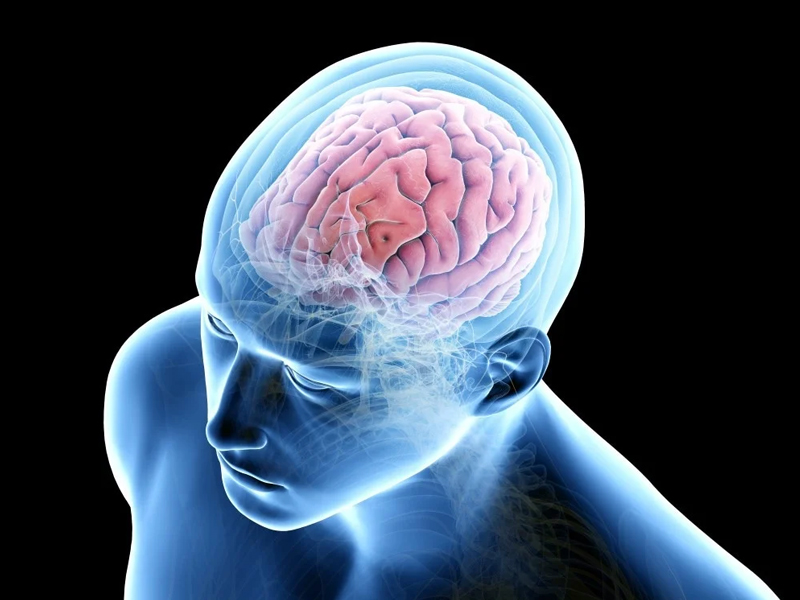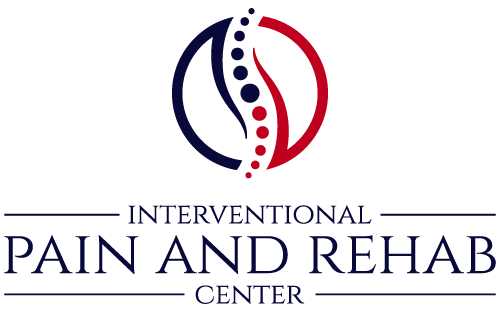Neuropathic Pain
Appointment
Fill The Out The Form Below
Working Hour
- 8 AM - 5 PM
- 8 AM - 5 PM
- 8 AM - 5 PM
- 8 AM - 5 PM
- 8 AM - 5 PM
- Closed
- Closed

Neuropathic Pain
Neuropathic pain is a complex and often chronic condition that results from damage or dysfunction of the nerves themselves. Unlike pain that occurs due to injury or inflammation in tissues, neuropathic pain arises when the nervous system malfunctions, sending abnormal pain signals to the brain. This type of pain can be debilitating and difficult to treat, but at the Interventional Pain and Rehab Center, we specialize in diagnosing and managing neuropathic pain with a personalized approach, offering patients relief and improving their quality of life.
What is Neuropathic Pain?
Neuropathic pain occurs when the nervous system—specifically the peripheral or central nervous system—is damaged or dysfunctional. This type of pain is often described as burning, tingling, stabbing, shooting, or electric shock-like. It may be continuous or intermittent and can vary in intensity, ranging from mild discomfort to severe, disabling pain.
Neuropathic pain can affect any part of the body, but it most commonly occurs in areas like the hands, feet, arms, legs, or face. It can be associated with a variety of conditions, including diabetes, shingles, or nerve injuries, and may even occur without any obvious cause.

Causes of Neuropathic Pain
Neuropathic pain can be caused by many different factors, including:
1. Diabetic Neuropathy
One of the most common causes of neuropathic pain is diabetic neuropathy, which results from prolonged high blood sugar levels damaging the nerves. This condition often affects the legs and feet, causing burning, tingling, and numbness.
2. Shingles (Postherpetic Neuralgia)
After a shingles outbreak, some individuals experience ongoing nerve pain, known as postherpetic neuralgia. The pain can be sharp, burning, and severe and may persist long after the rash has healed.
3. Nerve Injuries
Trauma or injury to a nerve can lead to neuropathic pain. This can happen from accidents, surgeries, or conditions like herniated discs, where compressed nerves in the spine cause pain that radiates down the limbs.
4. Multiple Sclerosis (MS)
Multiple sclerosis is a chronic autoimmune disease that affects the central nervous system. It can damage the protective covering of the nerves (myelin), leading to nerve malfunction and neuropathic pain.
5. Cancer and Chemotherapy
Cancer can directly invade nerves or cause nerve compression, leading to neuropathic pain. Additionally, chemotherapy treatments can damage peripheral nerves, leading to a condition known as chemotherapy-induced peripheral neuropathy (CIPN).
6. Other Conditions
Other conditions that can cause neuropathic pain include spinal cord injuries, stroke, HIV/AIDS, fibromyalgia, and certain vitamin deficiencies. In some cases, no obvious cause can be identified, a condition referred to as “idiopathic neuropathy.”
Symptoms of Neuropathic Pain
Neuropathic pain can manifest in a variety of ways, often involving sensations that are different from typical musculoskeletal pain. Common symptoms include:
- Burning, tingling, or “pins and needles” sensations
- Sharp, stabbing, or shooting pain
- Increased sensitivity to touch (allodynia) or pain from stimuli that normally wouldn’t cause pain (hyperalgesia)
- Numbness or weakness in affected areas
- Pain that persists even after the underlying cause has been treated (chronic neuropathic pain)
If you experience these symptoms, especially following an injury or illness, it’s important to seek medical attention to determine the underlying cause and begin appropriate treatment.
When to Seek Help for Neuropathic Pain
Neuropathic pain can be difficult to manage on your own, and without proper treatment, it can worsen over time, leading to chronic pain and disability. You should seek medical help if:
- You experience persistent, unexplained pain or burning sensations
- The pain is affecting your ability to perform daily activities
- You experience numbness, tingling, or weakness in your limbs
- Traditional pain management techniques (like over-the-counter medications) don’t provide relief
At the Interventional Pain and Rehab Center, Dr. Baig, MD specializes in diagnosing and managing neuropathic pain, and we are committed to helping you achieve the best possible outcomes.
Treatment Options for Neuropathic Pain
Neuropathic pain often requires a multifaceted treatment approach which includes:
1. Medications
Various medications can be prescribed to treat neuropathic pain, including:
- Antidepressants (e.g., amitriptyline, duloxetine): These can help modify pain signals in the brain.
- Anticonvulsants (e.g., gabapentin, pregabalin): These medications are often used to calm nerve activity and reduce pain.
- Topical treatments (e.g., lidocaine patches or capsaicin cream): These can help numb the area or reduce pain sensations in localized areas.
2. Nerve Blocks and Injections
In some cases, nerve blocks or epidural steroid injections may be used to reduce pain and inflammation in the affected area, particularly for conditions like herniated discs or spinal stenosis.
3. Physical Therapy
Physical therapy can help improve strength, flexibility, and mobility, particularly in cases where neuropathic pain affects movement. Specialized therapies, such as desensitization techniques for patients with allodynia, can also be beneficial.
4. Transcutaneous Electrical Nerve Stimulation (TENS)
TENS therapy involves using low-voltage electrical currents to stimulate the nerves, helping to relieve pain and improve circulation in the affected area.
5. Spinal Cord Stimulation
For more severe cases of neuropathic pain that do not respond to other treatments, spinal cord stimulation may be an option. This involves implanting a small device that sends electrical impulses to the spinal cord, disrupting pain signals before they reach the brain.
Infusions Lidocaine or Ketamine infusions may be appropriate for neuropathic pain that is resistant to traditional methods of treatment
6. Psychological Support
Chronic pain, including neuropathic pain, can have a significant emotional and psychological impact. Cognitive-behavioral therapy (CBT) and other pain management techniques can help patients cope with the emotional stress and anxiety that often accompanies chronic pain.
Get Relief from Neuropathic Pain Today
Neuropathic pain can be challenging to manage, but you don’t have to suffer in silence. At the Interventional Pain and Rehab Center, we are dedicated to providing expert care and innovative treatment options to help you manage your neuropathic pain and improve your quality of life. Our team will work closely with you to develop a personalized treatment plan that addresses the root cause of your pain and provides lasting relief.
Contact us today to schedule a consultation and take the first step toward better management of your neuropathic pain
